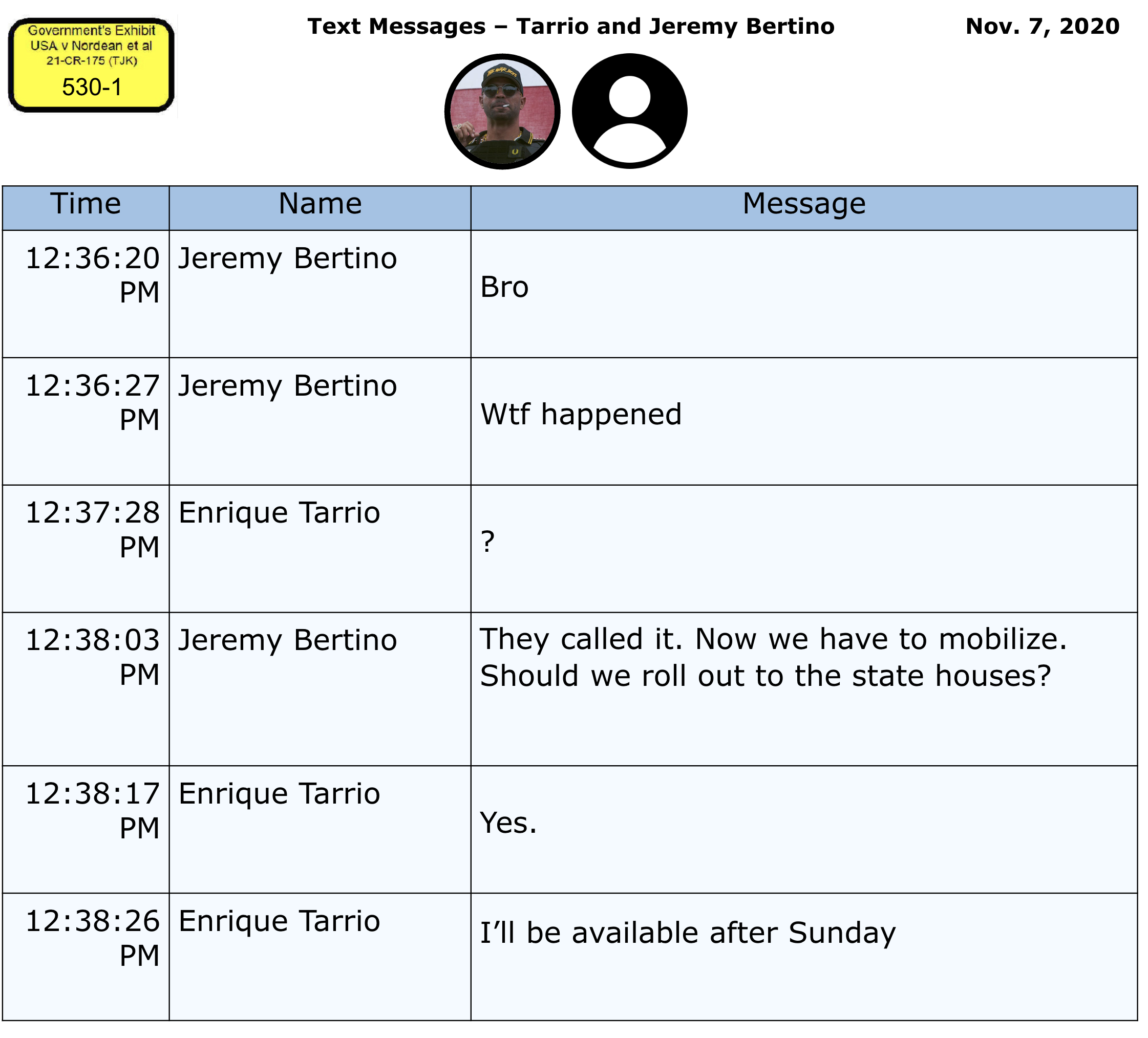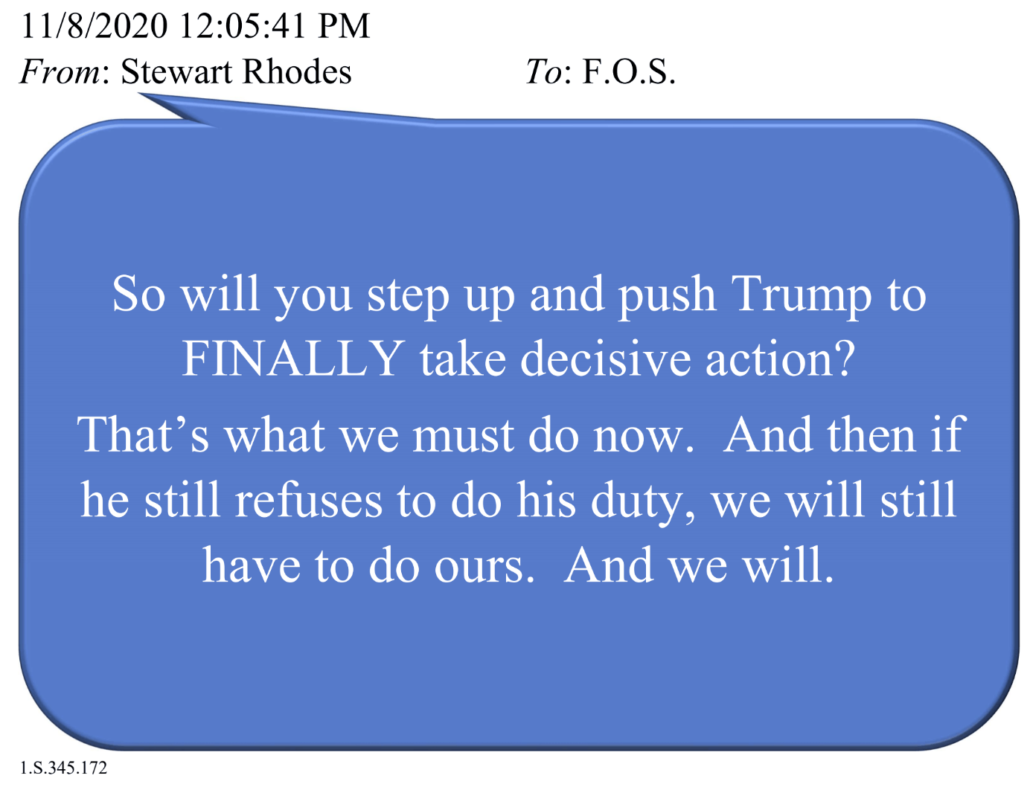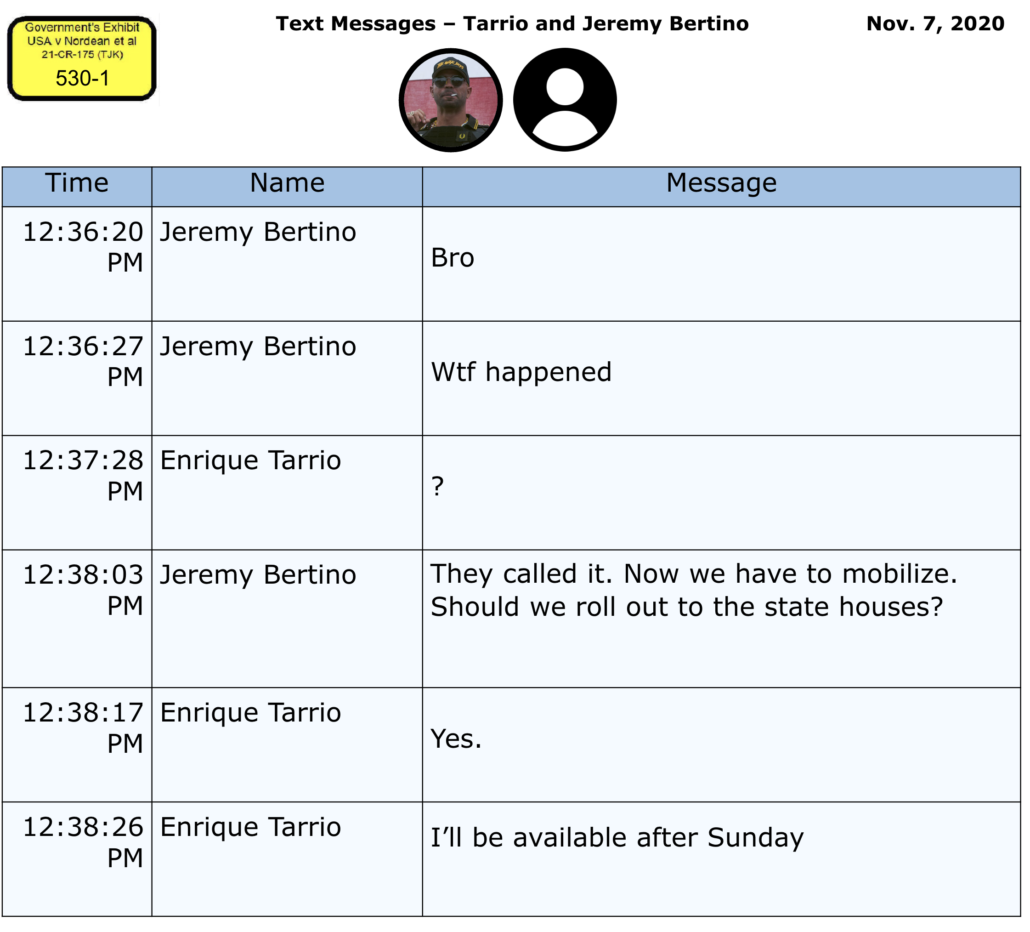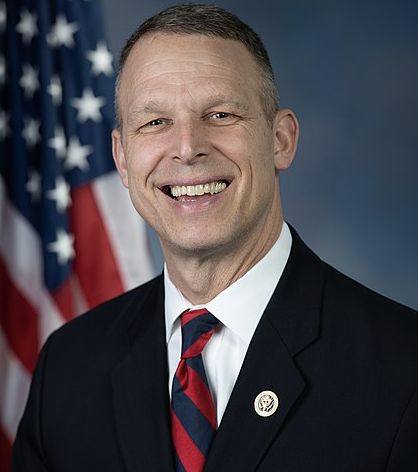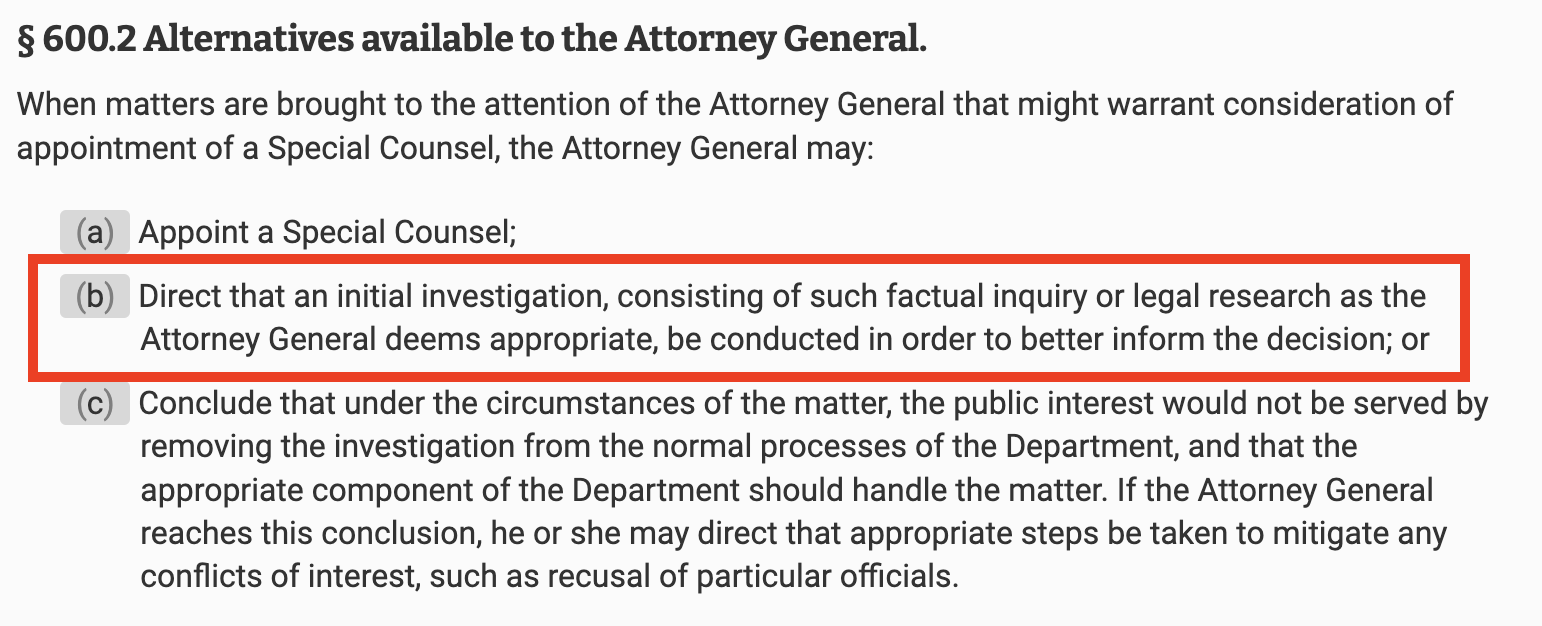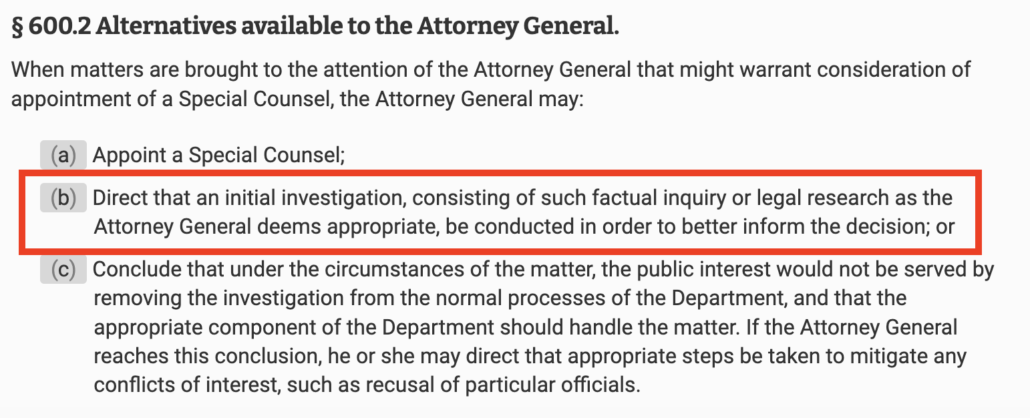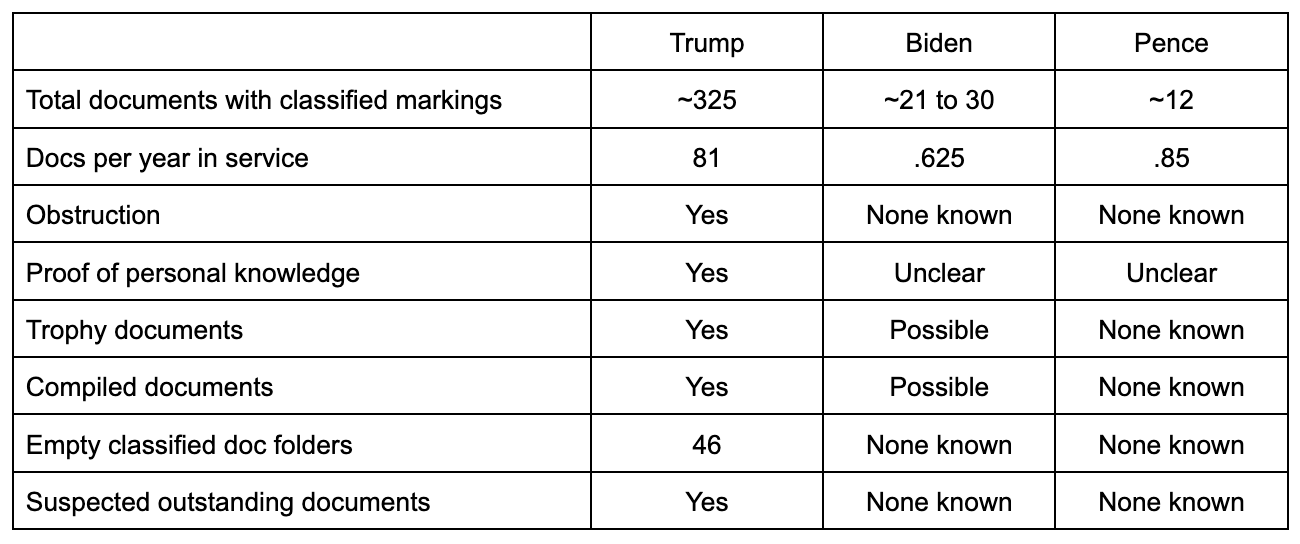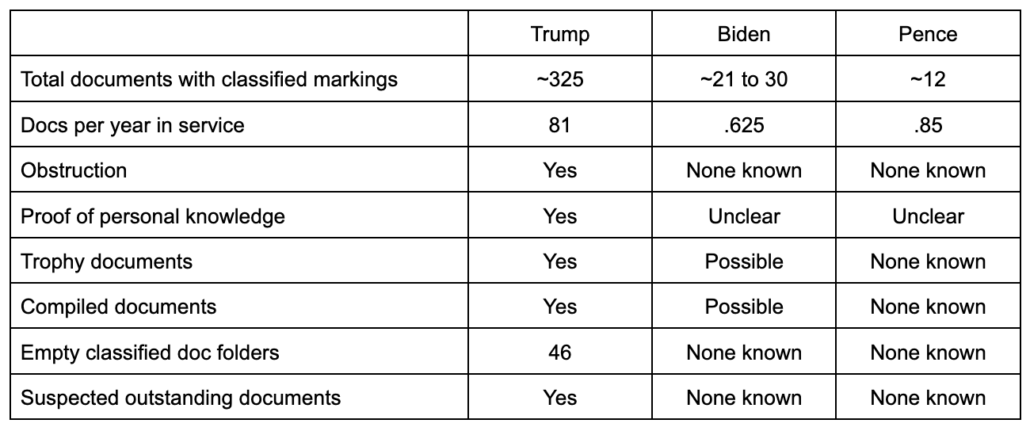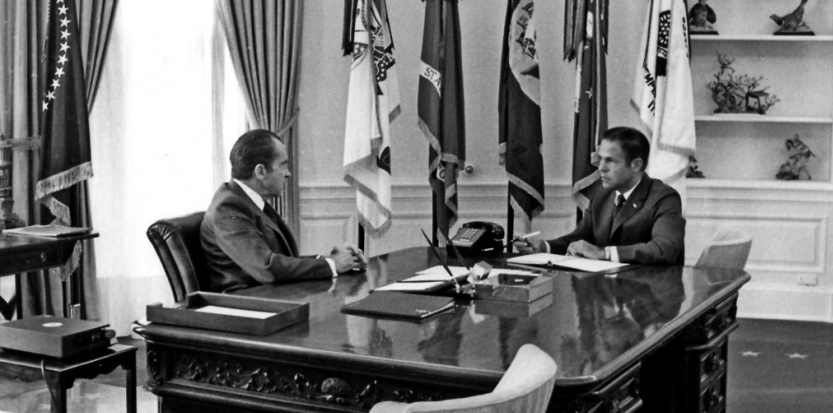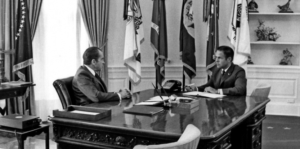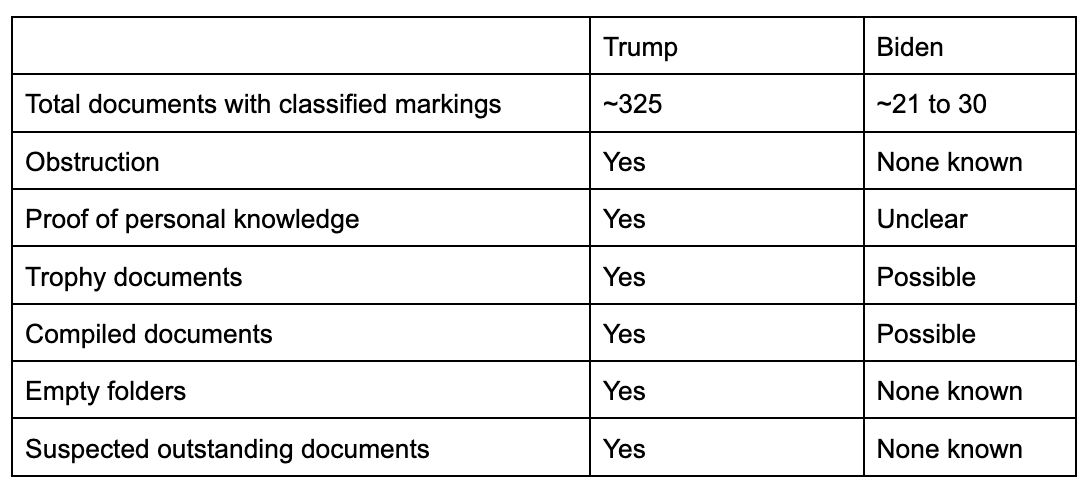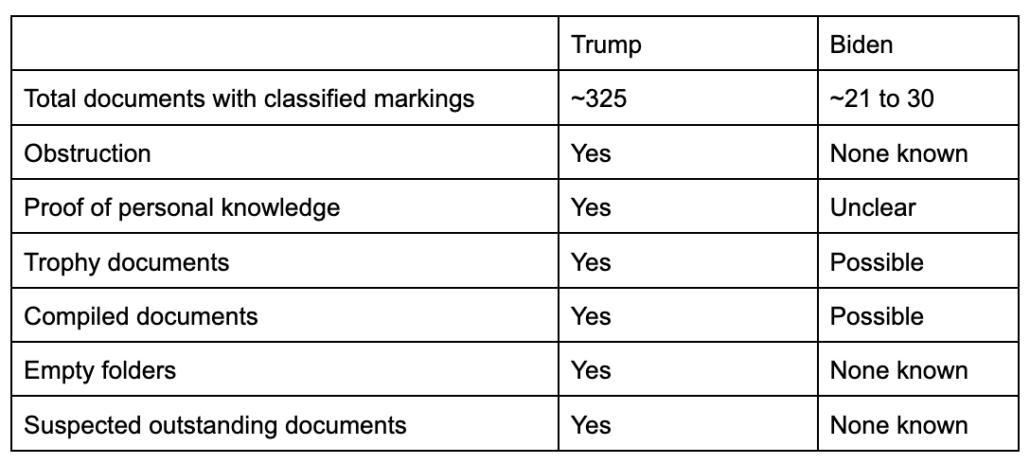There was a funny moment in Brandon Straka’s February 24, 2022 January 6 Committee interview.
Close to the beginning of the interview, he provided a description of how, he claimed, the idea for Stop the Steal came about: someone, probably Ali Alexander, simply renamed a pre-existing MAGAt Twitter DM list sometime after the election.
A So there was a Twitter DM thread, which s to say, like, a private message thread that somebody had created — I have no idea who because in all likelihood it was probably created significantly before I was added to it. It was called MAGA Verified, which essentially means anybody who is a MAGA or, you know, Donald Trump supporter, who has a blue checkmark next to their name, so as in verified on Twitter.
And so somebody had created a group, a direct message group, and so I don’t know if anyone here maybe does or does not understand how Twitter works, but with a Twitter DM group, somebody can create a group and just add people. They don’t have to have your permission. Then it’s up to you to either leave the group or decide if you want to stay in the group. 1) So, like, as right now as we speak, I’m probably added to hundreds of groups because I don’t really check my DMs that thoroughly, and I don’t make it an effort to go through and remove myself from every group that I’m added to.
But this particular group was called MAGA Verified, and it was a collection of people who are verified, you know, Republicans or Donald Trump supporters.
And then as (he claims) results started changing, people on the group decided to adopt the hashtag #StopTheSteal.
And at after the election, so I guess around November 5th, I would say, of 2020, 6several of us were in that group just sort of expressing confusion, exasperation, sadness about how the election results had suddenly changed during the night on November 4th going into November 5th.
And thenI think over the course I mean, I’d have to go back and look, but it was over the course of, I think, a day or two that plans started getting made to kind of deploy to swing States and host these First Amendment-protected events to encourage people to keep their spirits up and encourage their State legislators to hold a thorough forensic audit of the votes in theirStates, because people were very concerned about irregularities. So I’m going to go out on a limb and assume it was probably Ali Alexander who started using the Stop the Steal hashtag.
According to the cooperation memo the government filed in advance of Straka’s sentencing last year, which just got unsealed, it’s the same story he told to the FBI.
The “Stop the Steal” effort was formed through a private Twitter group of which Straka was a member. The group was formed “long before” the 2020 election and referred to itself as the “MAGA Verified” group because it was comprised of MAGA followers who were verified on Twitter. The members of the group used Twitter to exchange private direct messages with one another. Straka provided information about an individual, Ali Alexander, who was part of the MAGA Verified group.
There are a few problems with the story. First, as J6C pointed out to Straka, he was already organizing a vote fraud event, to take place after the election, before the election.
So we’ll give you time to look at this document, but it is it looks like it’s a permit 3 application filed by WalkAway Campaign. ~The date is October 28 of 2020. It’s for John 4 Marshall Park, and it’s scheduled — the proposed scheduled date is for November 15th.
If we go down to the second, page, the purpose of the event is a demonstration for free and fair elections. So help us understand, why did you –what were you thinking about on October 28th to want to have an event on November 15th about free: and fair elections?
In response to this observation, Straka bullshitted for a while and then gave up.
It just didn’t make sense, he said.
A Julie Hanson is an event planner that we’ve worked with over – for years on various events that we’ve done. I can’t answer this question, because this doesn’t make sense to me. I don’t know if she made a mistake when she put the date on the application, or if I don’t want to speculate why Julie put that date on the application, but I can tell you this doesn’t make sense to me, because I thought that Donald Trump was going to win the election, and my reaction to how the election turned out began on November 5th. So it makes no sense to me that I would’ve done – I would’ve asked to submit an application a week before the election. That doesn’t make sense to me.
Q So it’s your just want to make sure we have your testimony clear. You don’t recall instructing Ms. Hanson or approving an application in October for this event after the election on November 15th?
A Not in October, I don’t recall that. I — again, it just doesn’t make sense.
Right: This story doesn’t make sense. That’s the problem.
Plus, as J6C pointed out, the hash tag was actually in use well before the election. After Straka engaged in a really long spiel about how he didn’t much care of Ali Alexander registered the hash tag — “I just want[] to be told where to show up, what time, and where’s the microphone” — (as he said about January 6), J6C asked about the timing again.
Q Got it. That brings me back thank you, that was helpful. That brings me back, though, to the permit application from October 28th. It looks like Stop the Steal, the hashtag, I mean, was really starting to get traction early as September 7th of 2020.
We’ve seen tweets of Jack Posobiec doing it.
So do you recall maybe filing this application in October, for November 15th, to advance the Stop the Steal messaging that was starting to percolate in September, October, and November of 2020?
A Again, it just doesn’t make any sense to me. That – because I believed wholeheartedly that Donald Trump was going to win the election. ~ So it ~ it just doesn’t make sense to me that I would’ve decided a week before the election to submit a permit under the assumption that we’re going to lose the election. It just – that just doesn’t add up inmy mind.
In fact, J6C already knew that the hashtag had been in use even longer than that.
Though Ali Alexander, in his December 9, 2021 testimony, had tried to distinguish the hashtag from everything else, when asked why he suggested he should sue the Kremers after Roger Stone was denied a speaking slot on January 6, Alexander explained,
And there was all this pretense that, you know, Roger Stone is the gentleman who came up with the phrase Stop the Steal. I have, you know, this gentleman’s agreement with him that I have a perpetual use of the license.
And the FBI would know that Stop the Steal went back to 2016, because abundant evidence about it would have been collected by Robert Mueller’s team.
So no one should have believed Straka’s explanation.
I have long raised questions about whether DOJ allowed itself to be snookered in giving Straka a sweet plea, when instead they should have charged him with obstruction. There’s nothing in the filings unsealed in recent days to alleviate my concerns.
That’s true, first of all, because two of the things he threw at prosecutors seem to have been chum, waste material thrown out to distract predators. Straka provided second-hand information from someone who may have been in Nancy Pelosi’s office.
Information that Elijah Schaffer was inside of Nancy Pelosi’s office that is currently being investigated. It is unknown whether any other information has been discovered by the Government concerning this lead.
The government still had not verified the tip a year later.
On March 5, 2021, Straka was interviewed by the FBI a second time. Sometime after his first interview, Straka recalled that an individual, David Leatherwood, told him that an individual, Elijah Schaffer, was inside of Nancy Pelosi’s office on January 6. This information is being investigated for its accuracy.
And Straka, just before sentencing, provided the name of a guy he lived close to in Nebraska (but had not previously known), an identification he claimed came from someone he didn’t even know on Twitter.
On information and belief, Mr. Straka positively identified Gavin Crowl as an individual who participated in January 6. Mr. Crowl’s identity had not been previously provided by anyone to Law Enforcement for almost eleven months. Mr. Crowl is a convicted Sex Offender who has been placed on the Sex Offender Registry in Nebraska. His identity was confirmed by using information provided on the Sex Offender Registry, and by cross-referencing public information from his LinkedIn profile with information he provided in an Internet interview with Bobby Powell, a Government-identified “insurrectionist advocate”. This individual can be heard encouraging the crowd to take the shield of the officer in the video recorded by Mr. Straka. Other video information provided by Mr. Straka shows this individual moving toward entering the Capitol before he was stopped. It is unknown whether this individual actually did enter the Capitol Building; and what other criminal activity he participated in.
His J6C interview makes it clear Straka shared this guy’s name for the purpose of floating conspiracy theories about Antifa.
A Okay. So I — it had been brought to my attention by somebody on social media who I don’t know, a complete stranger, had essentially reached out to me to tell me that they had identified somebody in a video who was at the Capitol who they said this person told me that they identified a person who they said was a member of antifa.
This person told me, I watched this person dressed entirely in black from head to toe, and they said, then he went away for 10, 15 minutes or whatever, and he came back dressed asa Trump supporter. And he was causing agitation, you know, et cetera.
I engaged in a conversation with this person, because the person said to me, I have this on video, or something like that, and I said, Okay. So I looked at the video that the person was talking about, just because it sounded interesting to me, and I was shocked when I discovered that recognized this person as being somebody who was standing directly beside me in my video when I was on the Capitol steps.
Now, you know, I know for a fact that one of the crimes I’m — I was accused of committing was being in a restricted area. So this person had certainly committed the same crime that I committed, and I was also very curious if this person might’ve been encouraging the crowd in ways that it was alleged that I was encouraging the crowd.
And so, I asked this person if they knew the identity of this individual, and this person said, Yes. And so he gave me the name of this individual. I googled this individual and discovered that this individual has a violent criminal record.
At that point – and –and I also discovered that this person lives, coincidentally, very close by where I live.
According to the government sentencing memo, they did open an investigation into Crowl; it was new information for them.
On December 8, 2021, counsel for Straka provided the government with information regarding a United Capitol rioter who was at the U.S. Capitol. Straka recalled observing the individual while he was standing outside on the steps outside of the East Rotunda Doors. This individual stood nearby as a U.S. Capitol Police Officer’s protective shield was taken away from him. Straka believes that the individual joined in with the crowd yelling “take it, take it,” as rioters struggled with the officer to take his shield. After January 6, the individual, identified by Straka as Gavin Crowl, participated in an interview with insurrectionist advocate, Bobby Powell. Crowl recounted what he observed at the U.S. Capitol. Straka and Crowl reside in Nebraska and live within a short distance of each other. Straka’s information is beneficial in that Crowl was not previously identified by the FBI prior to Straka’s identification of Crowl.
[snip]
Based in the information provided by Straka, the FBI has opened an investigation into Crowl and his conduct at the U.S. Capitol on January 6.
Crowl is the one, notably, that Straka claimed to be afraid of, not Trump people threatening to retaliate (though DOJ submitted exhibits of texts from someone else demanding that Straka recant his testimony).
This violent sex offender, if he learns of Mr. Straka’s cooperation in identifying him (which would be the primary reason for any subsequent arrest and prosecution) has a predatory and aggressive history, which could easily result in retaliation against Mr. Straka or his family.
Crowl has not yet — publicly, anyway — been arrested, and even if he was, it’s not clear he ever did anything more than trespass outside the building.
While the tip may have been helpful, it was not cooperation about things that Straka was uniquely positioned to know.
The single prosecution on which Straka’s cooperation was said to help (usually the standard for credit at sentencing) was Simone Gold, the anti-vax activist who was arrested even before Straka was in January 2021, and who had already been charged with felony obstruction six days before the February 11 Straka interview where he first provided the information. In its sentencing memo, the government said Straka provided a voice mail that might help get Gold to plead.
Straka provided the government with voicemail messages that he received from Gold, whom he met in Washington D.C. on either January 5 or 6. The information contained in the voicemail messages is valuable in the government’s prosecution of Gold and may assist in a plea resolution of the Gold prosecution.
After further delay, Gold did plead out, not to the felony obstruction count, but to the more serious trespassing count. Her plea agreement had the standard cooperation paragraph in it, which sometimes suggests that the person had not yet sat for the further FBI interview required by virtually all misdemeanor pleas. The government sentencing memo in her case laid out several ways she continued to delegitimize her prosecution — and fundraise, to the tune of $430,000 — off it. In short, there’s absolutely no evidence that DOJ used the information Straka provided on Gold to advance the overall investigation. It made a misdemeanor plea easier to get, but not much more than that.
Gold is more likely to be held accountable in a lawsuit by her anti-vax group, which has split into factions over how she grifted the fundraising from it (though the failed attempt by Gold’s attorney, Kira West, to drop her as a client may suggest there might be legal accountability for the grift, as well).
The combined memos make it clear that the government viewed Straka’s cooperation to be most valuable for his insight into Stop the Steal, especially Alexander. Straka himself describes identifying people on one of the Stop the Steal threads (though this sounds like the known Twitter DM list; in his J6C transcript, he described a Signal thread as well).
Contact information regarding the following members of the Stop the Steal text thread, to include: Ali Alexander, Michael Coudrey, Scott Presler, Ashley St. Clair, Nathan Martin, Courtney Holland, Megan Barth, CJ Pearson, Ryan Fournier, and another telephone number unknown to Mr. Straka.
There’s a non-zero chance that the tenth number is either that of Paul Gosar or one of his staffers, because he was on that Twitter thread (and Straka filibustered about him when asked by J6C).
There are reasons for concern, though. None of the documents pertaining to Straka — from either J6C or DOJ — mention Mike Flynn, next to whom Straka sat at the Ellipse rally, which is particularly important given Straka’s description that he went back to the Willard after the rally.
And in the discussion of Straka’s information on the organizers of Stop the Steal (Straka did not mention Caroline Wren, though he may not have understood her role), DOJ adopts the same misspelling of the Kremers’ name as Straka did: “Kremmer” rather than “Kremer.”
Straka provided information about “Stop the Steal” members Amy Kremmer, Kylie Kremmer, Cindy Chafian. This information was useful in that it identified members of “Stop the Steal.” Neither the Kremmers nor Chafian are being prosecuted by the government at this time.
Note that J6C seemed not to have communications between Straka and Chafian that should have been in his production.
How aggressively must prosecutors be following this if, over a year into an investigation of January 6, they’re still not clear on who the Kremers are, whether or not their actions are deemed suspect?
And Straka’s memo seems to confirm my fear that DOJ had not yet turned to the earlier incitement from Stop the Steal — which was a key threat to state lawmakers are they were considering whether to support Trump’s coup attempt — until his third interview, in January 2022.
Additional information concerning Michael Coudrey, Scott Presler, Ashley St. Clair, Courtney Holland, Megan Barth, CJ Pearson, and Ryan Fournier, Amy and Kylie Kremmer, Cindy Chafian, Alex “Bruisewitz” (spelling unknown), Crystal (LNU) (an organizer and logistics person involved in rallies for President Trump), and Jenny Beth Martin; as well as information about specific rallies held in the months prior to January 6, was provided during Brandon’s third interview. [my emphasis]
Brandon Straka played a central role in intimidating election workers in my state of Michigan in 2020, and the government got all the way to sentencing before asking him about that process. That pisses me off and raises real questions about how thoroughly they investigated Straka before agreeing to a misdemeanor plea.
In his J6C interview, almost seven weeks after that third interview, Straka revealed that FBI at that point still retained all his devices except his phone. Three months after his third interview, DOJ subpoenaed Alexander. DOJ may not be done with Straka.
It may be that the trade-off — of getting immediate access to his devices rather than waiting to crack whatever security he had — still made the plea worth it. It may be that that early cooperation, and more importantly, the follow-up in January 2022, provided DOJ information they couldn’t have gotten without a lot more effort.
But J6C, without warrants, was able to poke a key hole in Straka’s story. At least on the public record, it seems that FBI was not so thorough, even with warrants and seized devices in hand.
Links
Timeline
January 11, 2021: Tip on Straka’s post to Twitter
January 13, 2021: Interview with Straka relative
By January 13, 2021: Straka removes January 5 video from Twitter; last view date for December 19, 2020 video cited in sentencing memo but not arrest affidavit
January 20, 2021: Straka charged by complaint
January 25, 2021: Straka arrest
February 17, 2021: First FBI interview
February 18, 2021: First continuance
March 25, 2021: Second FBI interview
June 3, 2021: Second continuance
July 2, 2021: Protective order
August 25, 2021: Third continuance
August 31, 2021: Date of plea offer
September 14, 2021: Deadline to accept plea
September 15, 2021: Straka charged by information
September 30, 2021: Stuart Dornan files notice of appearance for Straka
October 5, 2021: Updated information
October 6, 2021: Change of plea hearing (plea agreement; statement of offense); sentencing scheduled for December 17, with initial memo due December 10 and response due by December 15
Between October 7 and November 19, 2021: Pretrial services interview (sealed docket #28)
November 19, 2021: Brittany Reed substitutes for April Russo
December 8, 2021: Sentencing reset for December 22; sentencing memo due by December 15; Straka “provide[s] counsel for the government with information that may impact the government’s sentencing recommendation”
December 9, 2021: Ali Alexander J6C testimony
December 10, 2021: Straka shares sentencing position (possibly filed under seal)
December 11, 2021: Government tells defendants it seeks to continue, tells Straka it will consider request to dismiss case
December 16, 2021: Last view date for 2018 Straka video, Walkaway Foundation website, WalkAway Campaign PAC website, WalkAway Campaign YouTube Channel; ProPublica article on Michael Courdrey message (and attempts to distance Alex Jones and Ali Alexander)
December 17, 2021: Motion to continue (presented as joint) 30 days
By December 23, 2021: Sealed motion attempting to seal publicly filed motion to continue, denied by Judge Friedrich
January 5, 2022: Third FBI interview, this time including prosecutors (plural)
January 13, 2022: Government sentencing memo (sealed addendum at docket #37); government denies Straka request to dismiss case
January 14, 2022: Bilal Essayli files notice of appearance for Straka
January 20, 2022: Straka sentencing
February 22, 2022: Brandon Straka J6C testimony
April 8, 2022: Ali Alexander reports receiving a subpoena
June 24, 2022: Ali Alexander grand jury appearance

